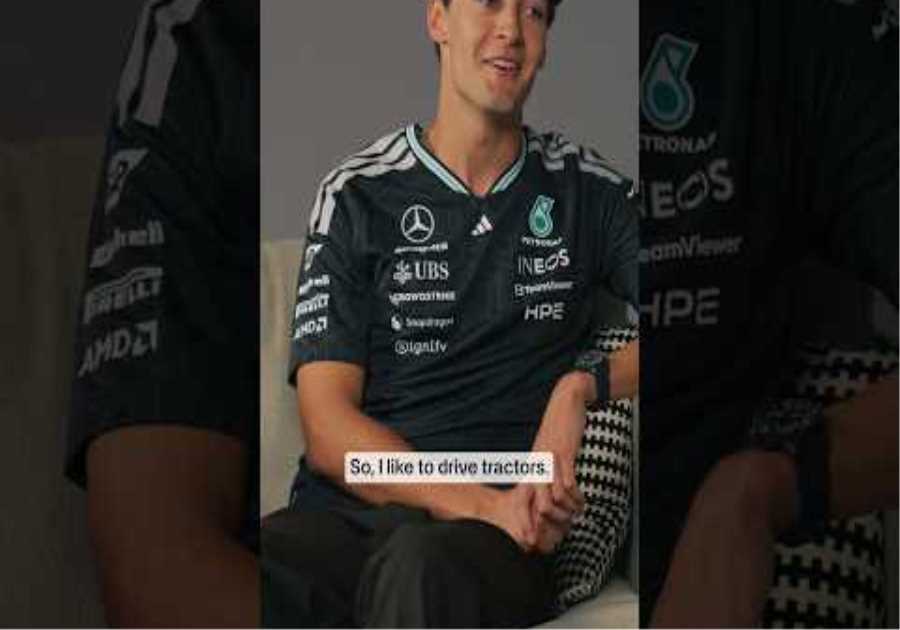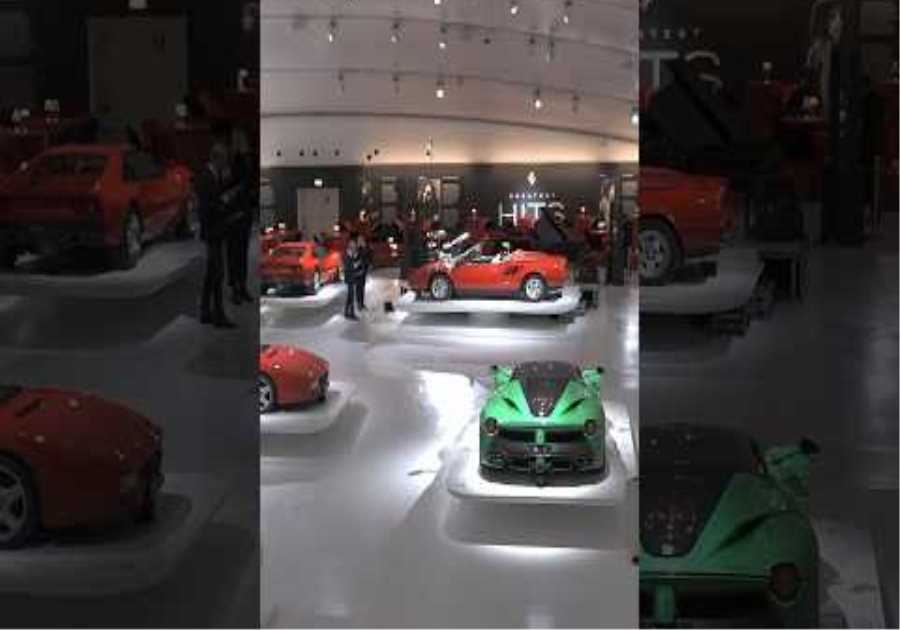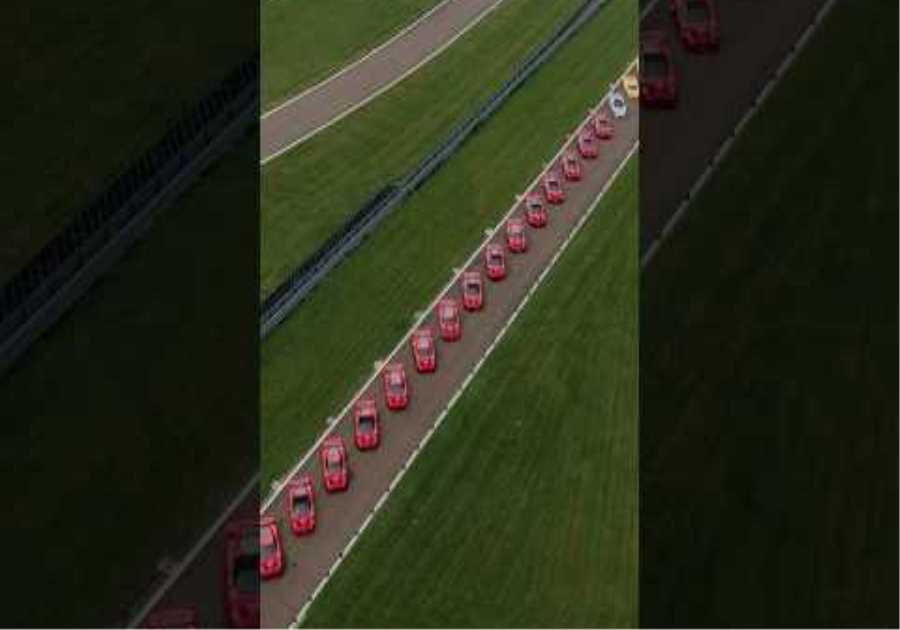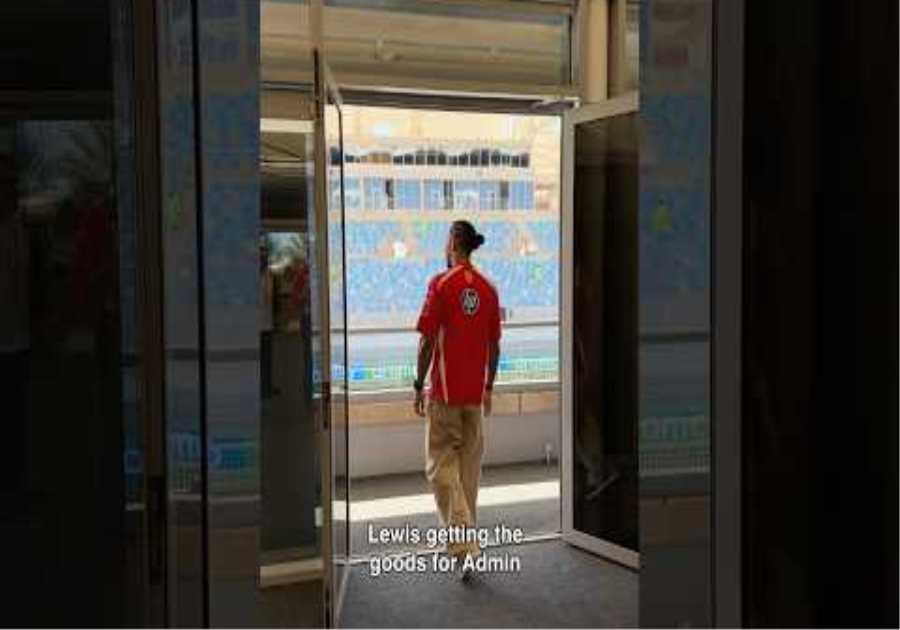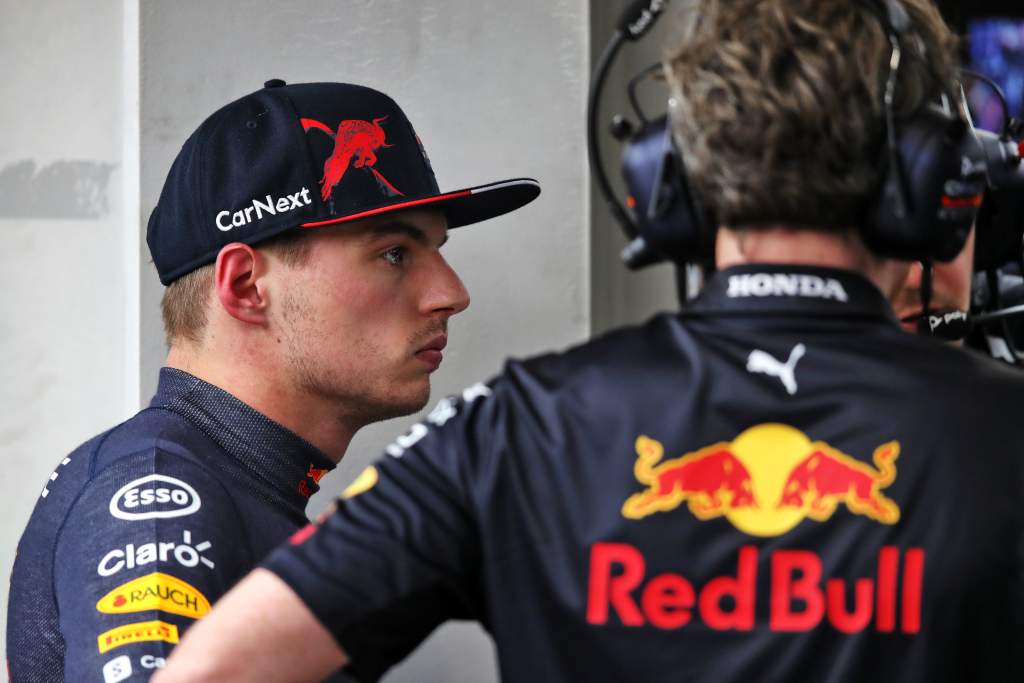
A telling discrepancy in Max Verstappen’s crushing 2022 Formula 1 championship success is a unique pole-to-win ratio that was especially deceptive in the early months of the season.
Verstappen would go on to score seven pole positions alongside his record-breaking 15 wins, which is unusual given the fastest car tends to win the most races, and the number of poles tends to denote which is the fastest car.
Such a pole-to-win ratio for the champion is rare. Lewis Hamilton’s 2019 season (five poles but 11 wins) is the only recent comparable example. Even next to that, Verstappen’s season seems anomalous.
It wasn’t until after the summer break that he had a car that was consistently better than Charles Leclerc’s, and he used that to win seven of the last nine races (with four poles in that time).
As the Red Bull eventually became F1’s best on Saturday as well as Sunday, and Verstappen and his team romped to both titles, it’s been quite easy to forget that Verstappen had effectively won the title long before Red Bull established a lasting performance advantage over Ferrari.
Verstappen has suffered an exaggerated version of the usual fate of a runaway champion. It’s hardly unusual to see attempts to diminish a driver’s title win on the grounds they had the best car but what is particularly frustrating where Verstappen is concerned is that this was simply not the case for about half the season.
“We’ve won quite a few races when we weren’t actually the quickest, but were just better on strategy or just more consistent,” says Verstappen.
“At one point, when we did get the fastest car, it made life a little bit easier. We didn’t need to take all the risk all the time.”
The moment that Verstappen and Leclerc both admit they knew Verstappen was likely to be champion was the French Grand Prix – 12 races into the season, a point at which the Red Bull was not emphatically better than the Ferrari. That’s underscored by the fact Verstappen had a 63-point lead and seven wins, but only three poles.
Of course, Verstappen didn’t win all these races from an inferior position single-handedly. Ferrari fumbled Spain and Azerbaijan through poor strategy or reliability, and Leclerc cleared a path for him in France. And there were times in the first half of 2022 when the RB18 was better, on balance, than the Ferrari F1-75.
But in the early part of the year, when his win tally and points advantage were most at odds with the reality of his car, Verstappen also relied on what he calls the “beautiful” side of the new generation of cars, which can follow more closely, and just race extremely well.
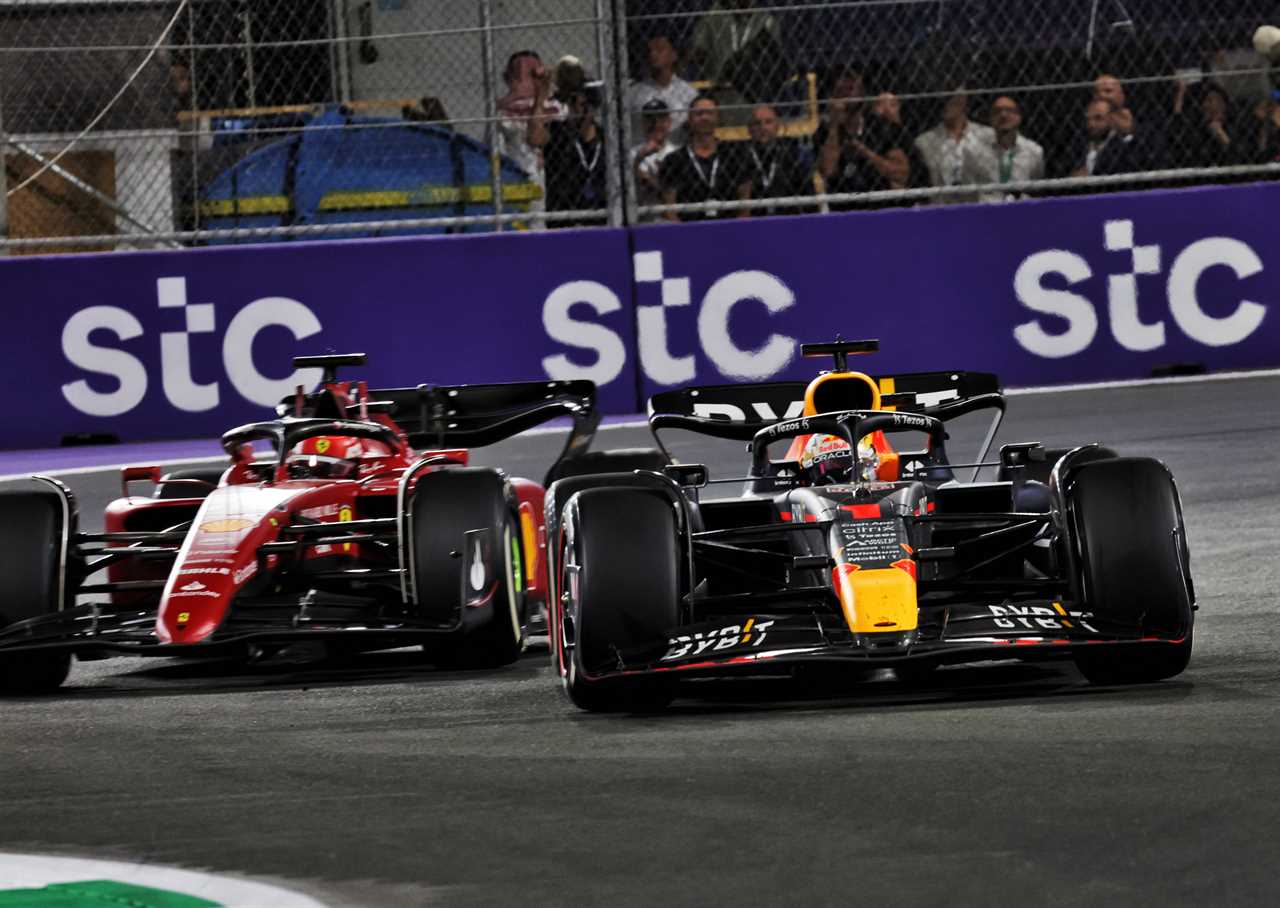
It was key to his first win of the year in Saudi Arabia in particular, but also helped him grab the sprint race victory at Imola, which helped set up Sunday’s grand prix win on a weekend Verstappen says was crucial to Red Bull reviving its title bid after an unreliable start to the year.
“We didn’t have the fastest car over one lap for most of the season,” says Verstappen.
“With these new cars, it’s quite interesting, because before you really focused a lot on qualifying, because you knew that it was very hard to pass a car.
“Now, even if your qualifying is not amazing, if you have a good race car, you can still fight and you can still actually pass people.
“That’s the beautiful side of the new cars. If we had that problem last year where you have a problem in qualifying, where you’re not as competitive, we wouldn’t have won the amount of races as we did this year.
“This year, pole was nice, but it doesn’t always mean that you’re going to win the race.”
Verstappen would go on to win other races benefiting from this as well.
The jury may never be able to return a conclusive verdict on whether Ferrari threw it away in Hungary or was always going to be outgunned but it is reasonable to conclude Verstappen’s victory from 10th on the grid, on a track that has famously featured little overtaking in the past, would have been a lot tougher with the old set of rules.
No rules could have denied Verstappen’s victory from 14th on the grid in Belgium, such was his and his car’s superiority at Spa, but these characteristics almost certainly helped in Italy and the United States as well.
“He deserves huge recognition and credit for what he’s done this year, because some of his drives have been out of this world,” Red Bull team boss Christian Horner says.
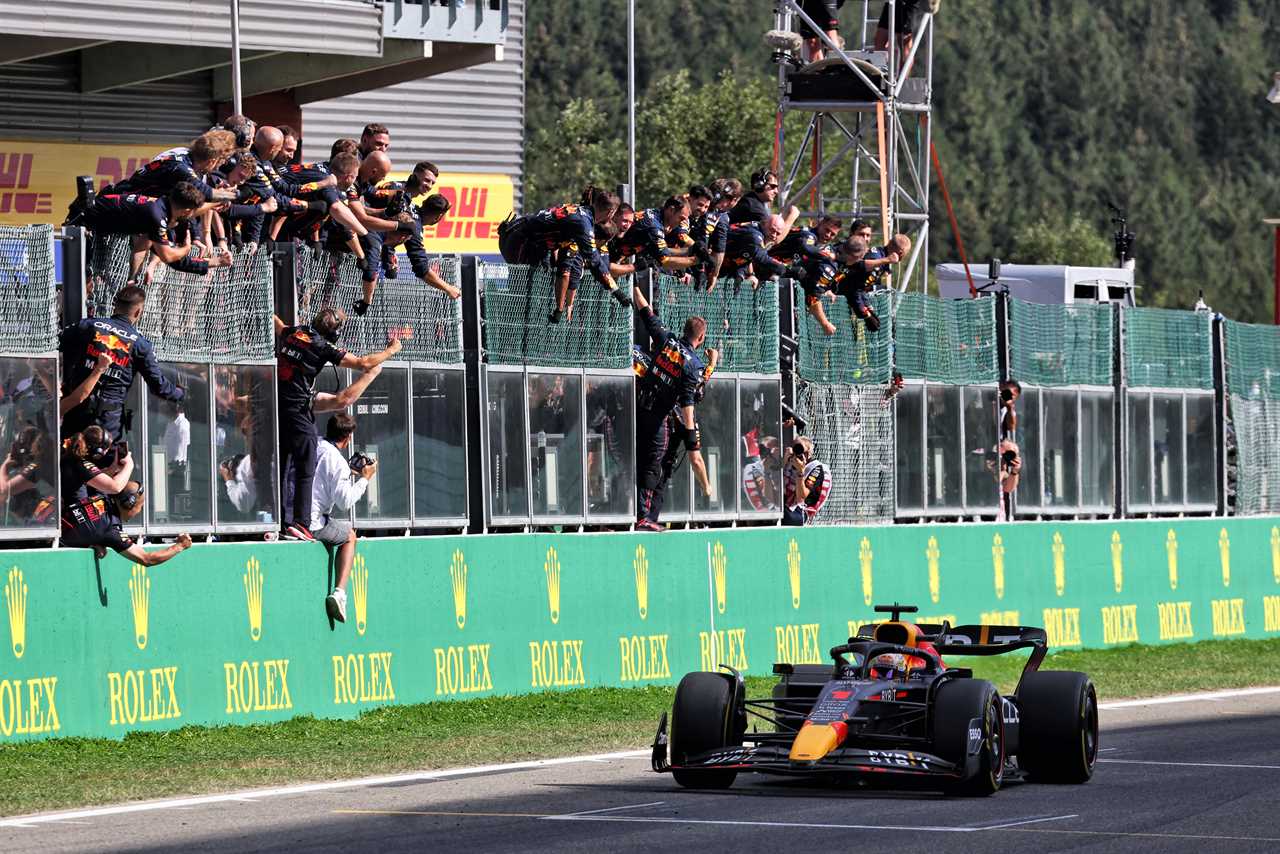
“He’s been outstanding this year. Of course, it always ends up being a team contribution, but I think he’s extracted every ounce of performance.
“We haven’t always had the biggest smile on a Saturday, I think we’ve had a very good racecar this year. And he’s used it for full effect.
“When you think of the amount of times with this regulation change that actually breaking the DRS is incredibly difficult, there are so many occasions he’s just had to be absolutely perfect.
“He’s been incredible.”
Verstappen has, and that will forever be enshrined with his second world championship, his win record, and a massive margin of victory.
Those statistics hide the quality of Verstappen’s and Red Bull’s early work in particular and may come to do Verstappen’s season a disservice. Such numbers are reserved for an emphatic car advantage, so maybe in time, that’s what people will come to reflect on Verstappen as having in 2022.
He did over Mercedes. But he didn’t over his main championship rival – certainly not until he’d done the hard part, and all but wrapped up the title anyway.

